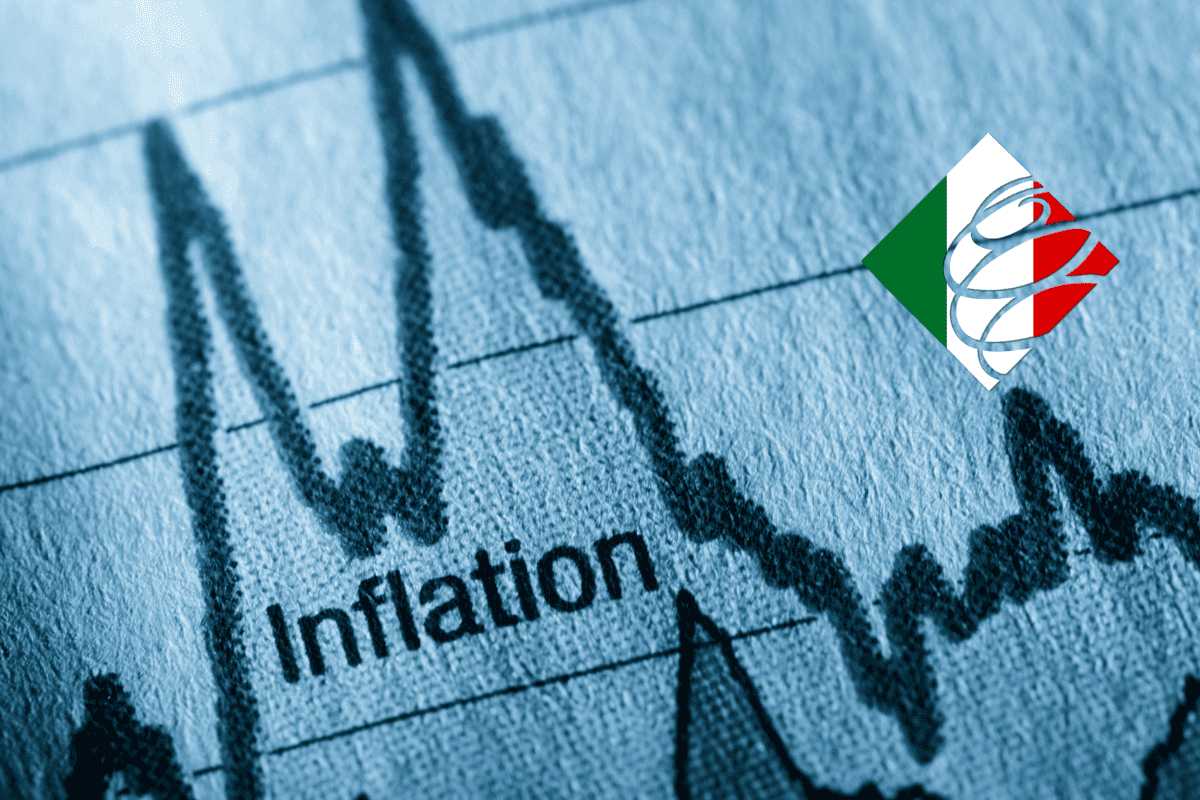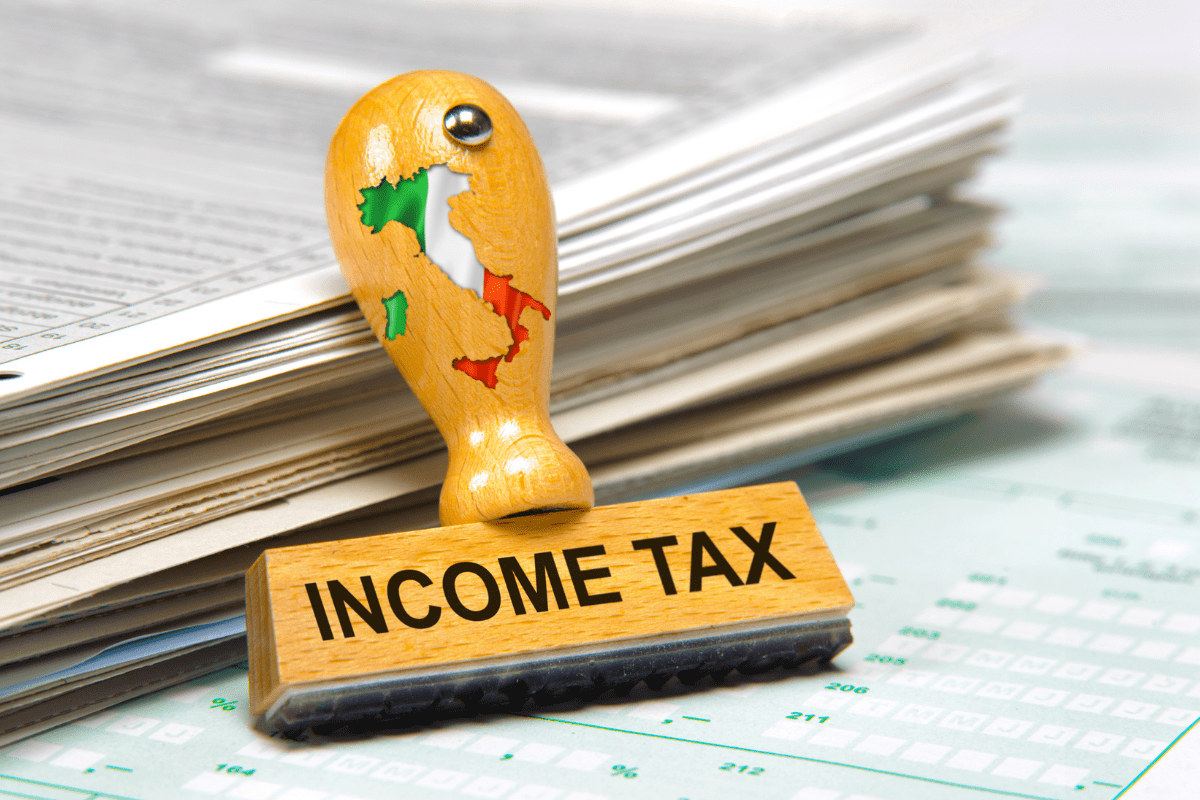Italy’s parliamentary election 2022
I thought I would start this newsletter with a story of a recent trip to the market in Rome. As you will know, if you read this E-zine regularly, I go to the Mercato Trionfale for the weekly food shop. I like the experience, colours, sounds and chats in the market. I find that you also get a good idea of what is on people’s minds and how people are thinking in any moment. Obviously, the talk of the moment is not the Queen’s death (you may or may not be surprised to hear this) but of the upcoming elections in Italy. Both events are significant for women. Obviously, the Queen’s funeral is important because she seemed to be the glue that held the royal family and the Commonwealth together and we shall see how King Charles III gets on with that responsibility. Also, an equally important event is likely to be the election of Giorgia Meloni as first female prime minister of Italy.
Giorgia Meloni, for those of you in the know, is the leader of the Fratelli d’Italia party and is considered right wing. She is leading the polls with about 25% of the vote. Closely followed by the Partito Democratico (leftwing) with approx 21% of the vote. However, as is always the case in Italy, the parties need to form a coalition with smaller parties to gain a voting majority. Fratelli d’Italia have already announced their right-wing coalition with both la Lega (Salvini) and Forza Italia (Berlusconi). Together it is expected that they will garner about approx 45% of the vote. That is essentially a landslide in Italian politics and it is almost certain at this point that the ‘centrodestra’ coalition will be taking power shortly after the vote on 25th September.
The big worry for many is that Giorgia Meloni and Fratelli d’Italia have their roots planted in a fascist past and the feeling is that their policies will start to unravel years of democratic advancement in the name of equal rights and protection for women (which in Italy are still lacking in some many areas), gay rights, abortion rights etc. It was with all this in mind that I decided to follow Giorgia Meloni and Matteo Salvini on facebook this summer. To be honest, what I read wasn’t significantly alarming and to be fair to Giorgia Meloni she has dealt with all criticisms head on and opening encouraged discussion with her opposition, rather than just slurring them for being different. One particular instance was where someone got onto a stage when she was holding a rally and started a protest against her views on gay rights. She kindly invited the person to take the stage with her and explain their position so she could defend her own. Now, don’t get me wrong, I am no fan of Giorgia Meloni or any other right wing party in Italy but I would like to see more of this type of open discussion of differences of opinion and critical thinking rather than one side just spewing venom at the other because they have opposing views. Anyway, for someone who is a first-time voter in Italy (I gained citizenship in 2019 and so this is my first opportunity to vote in Italy) it has been an interesting journey so far. However, one other thing that piqued my interest, and I thought I would share with you here, is the centrodestra proposals to introduce a flat tax.
But, before I go into that, I will take you back to Mercato Trionfale for a moment. I wanted to tell you about the fact that I buy my eggs from the same stall, where oddly enough, he ONLY sells eggs! For as long as I have been going there (6 years) the eggs have been 35c for a ‘bio’ egg. After I arrived back from the summer break he apologised and explained that he needed to raise his prices. Now they are 40c a ‘bio’ egg. My initial reaction was whoooahh, an almost 15% increase in the price. But then I started to reflect on this whole inflation debate we have at the moment.






